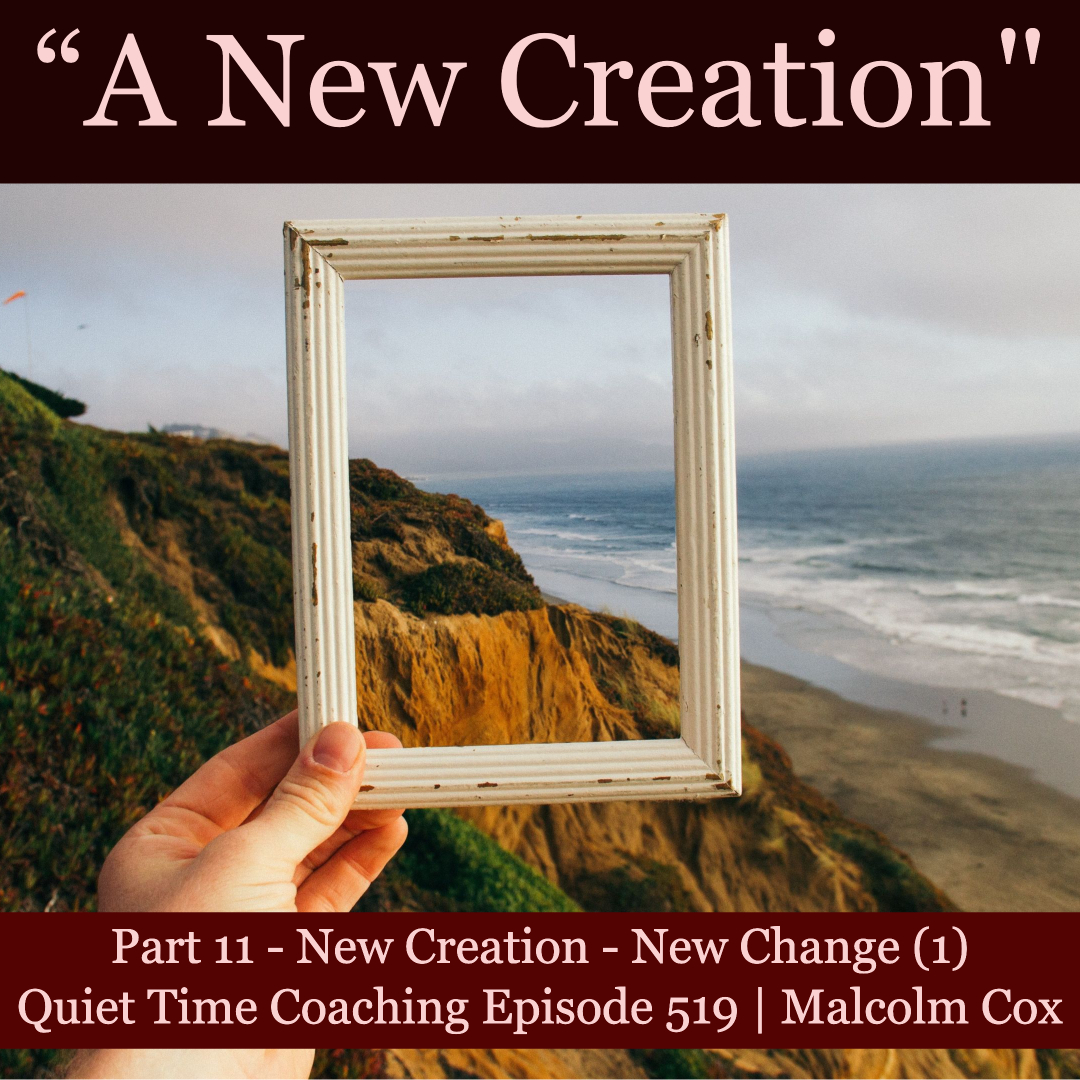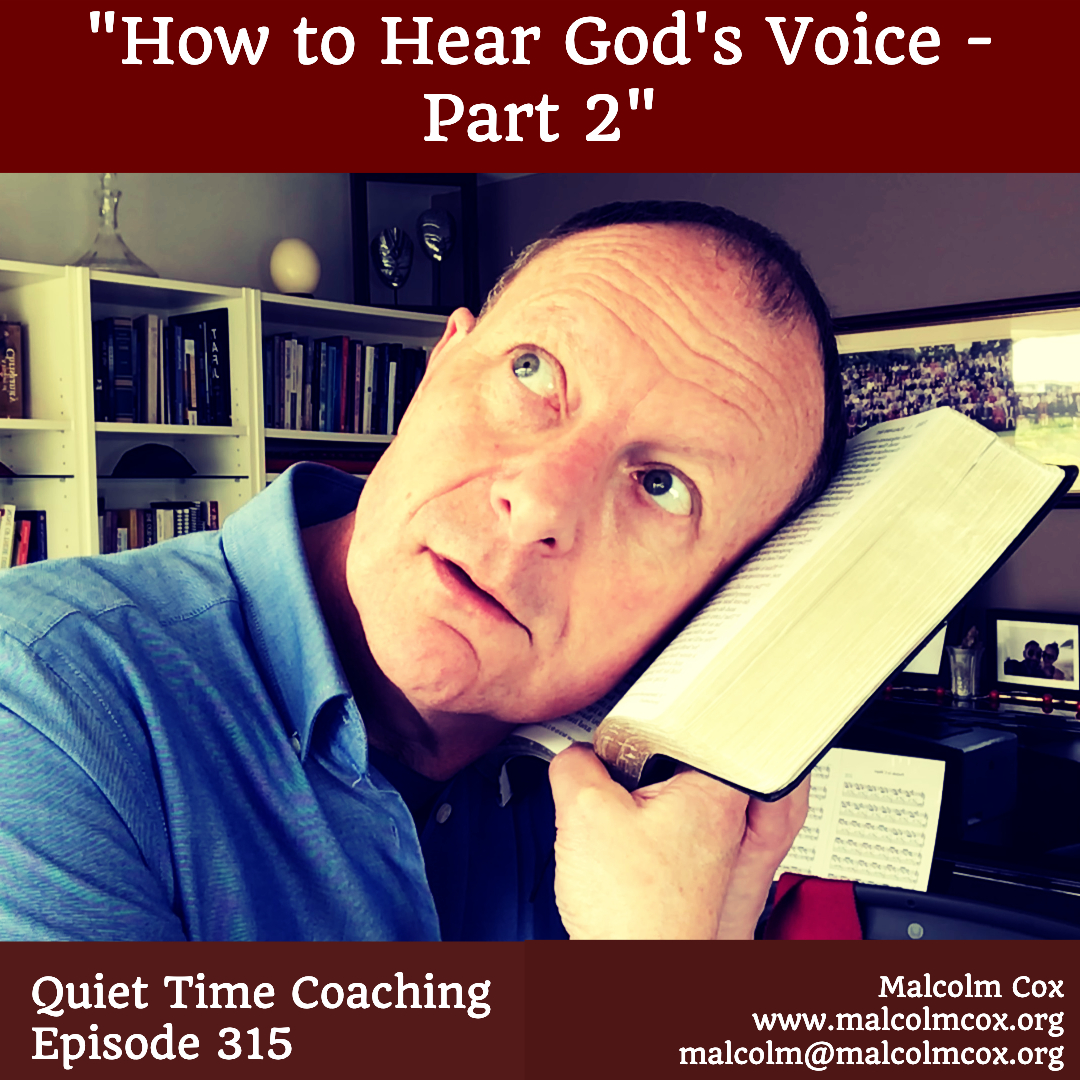Try singing, “Happy birthday to you…” really slowly. Feels weird, doesn’t it? Most songs have a narrow range of speeds within which they can be sung and still make sense. But is there a case for singing ridiculously slowly?
I’ve made it a habitual practice to sing hymns or choruses as part of my daily quiet time. Not every day. But frequently. By the time you’ve been a Christian as long as I have, you’ve sung them so often at least a few have become lodged in the memory banks! Most of the time I sing them at normal speed. Occasionally, I slow them right down. Why? Let’s think about that.
Slow Speed, Deep Dive
We dive deeper when singing slower. Each phrase, each word, even each syllable becomes more significant when it is pronounced slowly, sung slowly, thought upon slowly.
If you’ve ever tried eating and chewing at a deliberately leisurely speed, you will know that the textures and flavours come out much more strongly. The same is true of the spiritual sense of songs when they are sung more slowly. This is not to say slow songs are better than fast songs. Not at all. Zealous energy in song is part of what makes praise powerful. It’s just that there are times to slow songs down.
This is easier done in personal devotional times than with a congregation. Why not try it in your next quiet time. Below, I offer two further thoughts on effective slow singing.
1. Lyrical Richness
Some songs are wordier than others. The strength of these hymns is their descriptive power. They use many words to create a beautiful picture of God’s nature or similar. The challenge is that we sing all these words without having the brain space to absorb their meaning.
Slow these songs down and you receive a rich deposit of God’s truth and love into your heart and mind. A good example would be the old hymn, “Crown him with many crowns”, or the more modern, “In Christ alone”.
2. Lyrical Repetitiveness
Songs with very few lyrics and repeated words do not have the lyrical depth of the songs I’ve been talking about in the earlier point. However, they have their own richness if we truly meditate on the repeated words. Perhaps the best example of this in the Bible is Psalm 150:
“Praise the Lord.
Praise God in his sanctuary; praise him in his mighty heavens.
Praise him for his acts of power; praise him for his surpassing greatness. Praise him with the sounding of the trumpet,
praise him with the harp and lyre, praise him with timbrel and dancing,
praise him with the strings and pipe, praise him with the clash of cymbals,
praise him with resounding cymbals.
Let everything that has breath praise the Lord.
Praise the Lord.” (Psalms 150:1–6 NIV11)
You could try, “Those who hope in the Lord” by David Casswell, or “God is so good”.
Conclusion
In the video and podcast version of this blog, I give a demonstration of what this looks like when I do it. I pick one of my favourite hymns, “When I survey the Wondrous Cross”. Oh, and I also sing it to my preferred tune – “Rockingham”. You can hear and see this at the foot of the blog.
Have a go in your next quiet time at singing a song you know well – ridiculously slowly.
Question
Have you tried singing a hymn slowly? What benefit did you find it bringing to your devotional time? Can you suggest hymns that work well with this kind of treatment?
Please leave a comment here so that we can all learn from one another. We learn best when we learn in community.
I hope you have a wonderful week of fulfilling quiet times.
God bless, Malcolm



